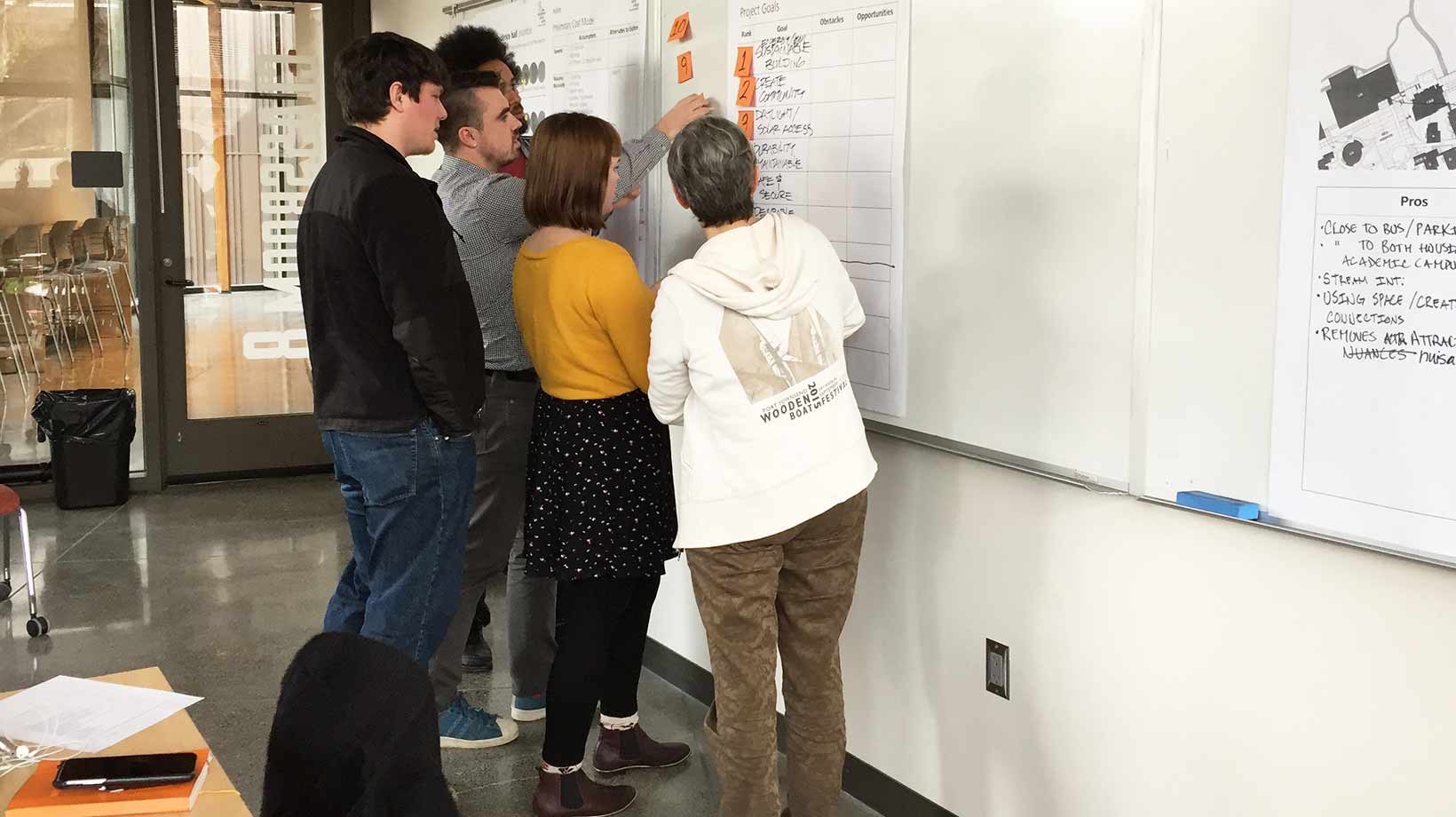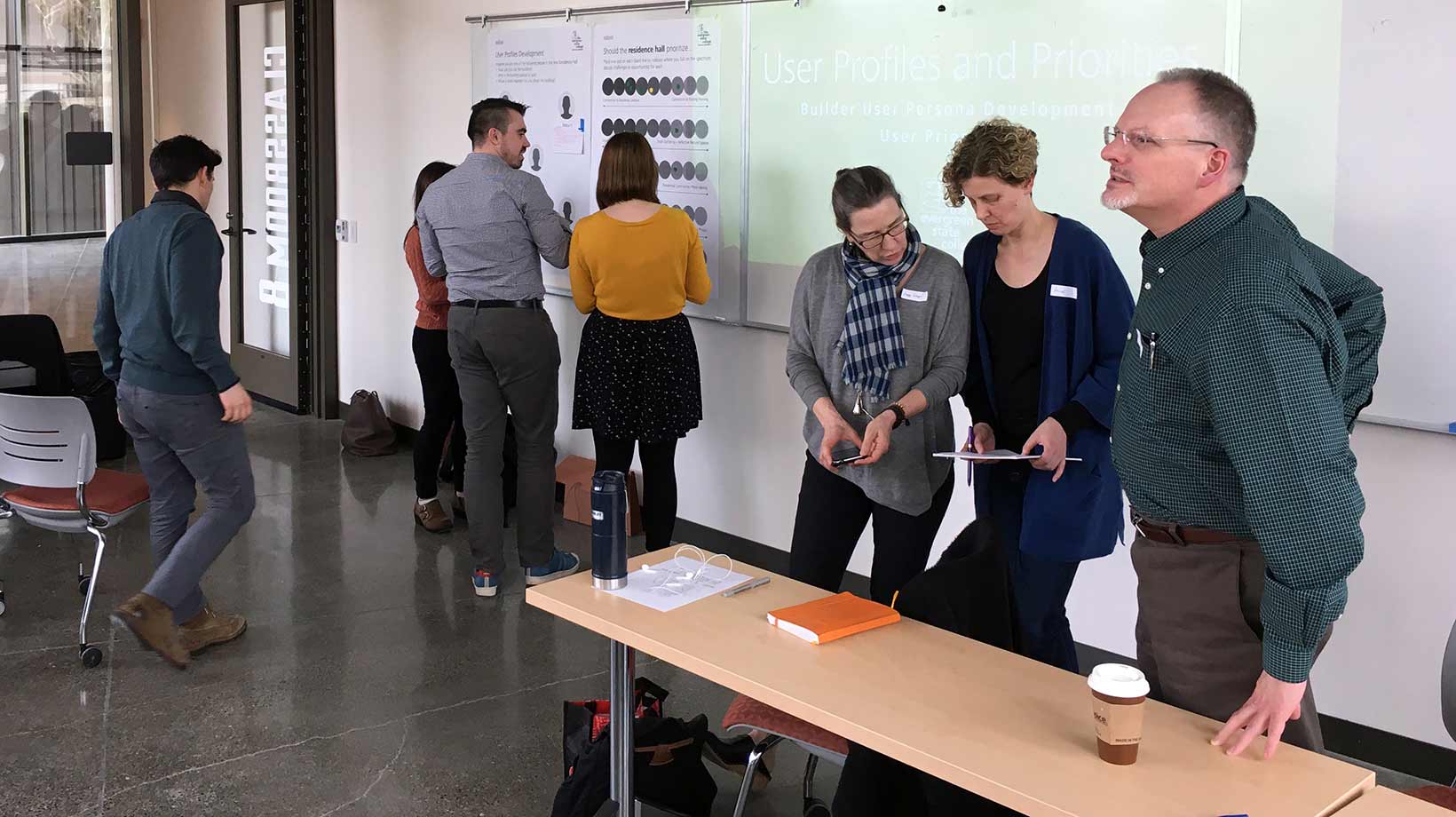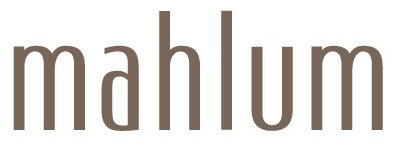Engagement to Yield Empowerment
Though all of us are trained in design, we’ve discovered that an intentional process of engaging users and stakeholders is the only way to assure that those whose lives will be most affected by the outcome have influence on how design unfolds to serve their needs.

A successful process should enable and inspire dialogue, facilitate decisions, and build enthusiasm and advocacy for the ideas explored. And it should be fun!

We consistently integrate creative, playful, and participatory engagement strategies into our planning process, including both high-tech and hands-on approaches to outreach. Our dynamic process invites broad stakeholder participation within a rigorous framework.
Mahlum has extensive background facilitating large constituent groups, often with highly diverse stakeholder representation. As experienced leaders of the design process, we are skilled at both consensus building and providing advocacy for complex and sometimes emotionally charged projects.
Engagement strategies are implemented throughout our process in order to garner both quantitative and qualitative information from a wide variety of constituents through a series meetings, interviews, observation sessions, activities, tours, and generative committee and/or community workshops.
We have developed a series of interactive tools designed to both provide information and gather feedback with the aim of identifying needs and prioritizing goals. Exercises that can be employed are targeted at a range: individual, small group, and large group engagement. Our team is also especially adept at developing custom engagement activities, if required, to help the committee or community identify and resolve issues critical to each school’s vision for the future of education. Information will be synthesized, communicated and refined into project goals, district needs, and options, all of which will inform and shape a project.
From the standpoint of facilitation, one particular tool, the design workshop, has proven highly effective. It has been our experience that these workshops give various participants a better understanding of the concerns and hopes of other constituent groups, an appreciation for the difficulty of resolving all issues perfectly, and a feeling that they have contributed to the eventual outcome. Having participated in the decision-making process, they become advocates for those decisions and ultimately ambassadors promoting the success of your project.
